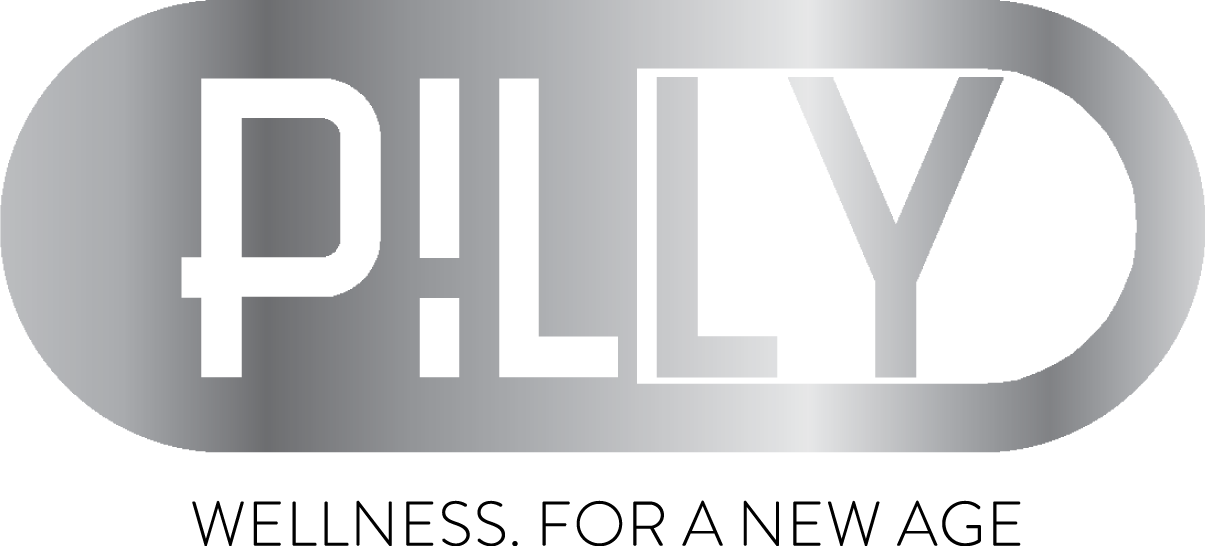
Collagen and Its Effects
Collagen is an essential protein found abundantly in various tissues and organs' extracellular matrix (ECM). The structural integrity it provides plays a crucial role in maintaining the physiological functions of these tissues. Over the past few decades, increasing research into collagen's properties, sources, and clinical applications has led to significant advancements in developing collagen-based products, particularly in pharmaceuticals, medicine, food, and cosmetics. This review aims to delve into the clinical impacts of collagen treatment, highlighting how it can aid those suffering from collagen deficiency and various comorbid diseases.
Understanding Collagen
Types and Functions
Collagen comprises approximately 30% of the human body's protein content, making it the most plentiful protein in the ECM. It is categorized into different types based on its molecular structure and amino acid composition. There are 28 identified types of collagen, but the most common ones are Types I, II, III, IV, and V. Each type serves specific biological functions:- Type I: Found in skin, bone, teeth, tendons, and vascular ligatures, it plays a significant role in tissue regeneration and bone strength.
- Type II: Predominantly in cartilage, it is crucial for cartilage repair and treating arthritis.
- Type III: Present in muscles and blood vessels, it contributes to the structural integrity of various organs and aids in hemostatic applications.
- Type IV: Located in the basement membrane, central to cell attachment and diabetic nephropathy indicators.
- Type V: Found in hair, cell surfaces, and the placenta, it is essential for corneal treatments and biomaterial development.
Sources and Extraction
Collagen can be derived from various natural sources, including humans, bovines, porcine, marine organisms, and plants. The extraction process involves chemical and enzymatic hydrolysis, which breaks down collagen into peptides more easily absorbed and utilized by the body.- Bovine and Porcine Collagen: These are commonly used due to their high compatibility with human collagen. Bovine collagen has been studied for its potential in lowering blood pressure by inhibiting the angiotensin-I converting enzyme (ACE). Porcine collagen is noted for its biocompatibility and minimal allergic response in humans.
- Marine Collagen: Gaining popularity due to its non-religious restrictions and high yield, it is considered safer as it avoids disease transmission risks associated with bovine sources.
- Chicken Collagen: Exhibits beneficial properties similar to human collagen and is increasingly used in pharmaceutical applications.
Clinical Applications of Collagen
Skin Regeneration and Wound Healing
Collagen plays a pivotal role in skin regeneration and wound healing. It provides a scaffold for new tissue growth and enhances the skin's structural integrity. Collagen-based wound dressings, hydrogels, and topical treatments have significantly improved wound healing and reduced scar formation.Bone Defects and Osteoporosis
Collagen type I is integral to bone composition, providing the framework for mineral deposition. Collagen supplements can enhance bone density and strength, making them beneficial in treating osteoporosis and bone defects. Clinical studies have demonstrated that collagen peptides significantly improve bone mineral density and reduce the risk of fractures.Sarcopenia
Sarcopenia, the age-related loss of muscle mass and function, can be mitigated through collagen supplementation. Collagen peptides stimulate muscle protein synthesis, improve muscle mass, and enhance physical performance in elderly individuals. This makes collagen an effective intervention for sarcopenia, aiding in maintaining muscle health and mobility.Osteoarthritis and Rheumatoid Arthritis
Collagen type II is predominantly present in cartilage and is crucial for maintaining its structural integrity. Collagen supplements have shown promising results in reducing the symptoms of osteoarthritis (OA) and rheumatoid arthritis (RA). They decrease inflammation, reduce joint pain, and improve joint function. Clinical trials have reported significant improvements in pain scores and physical function in patients with OA and RA following collagen supplementation.Dental Therapy
Collagen is increasingly used in dental applications, such as guided tissue regeneration, bone grafting, and periodontal therapy. Collagen membranes and scaffolds provide a conducive environment for new bone and tissue formation, leading to better dental surgeries and periodontal treatment outcomes.Gastroesophageal Reflux Disease (GERD)
GERD is a chronic condition characterized by the backflow of stomach acid into the esophagus, leading to symptoms like heartburn and acid regurgitation. Collagen supplements can strengthen the esophageal lining and enhance its resistance to acid damage. Collagen's anti-inflammatory properties also help reduce inflammation and promote healing in the esophagus.COVID-19 and GERD
The relationship between GERD and COVID-19 has gained attention due to the common occurrence of GERD symptoms in COVID-19 patients. Collagen treatment offers a potential strategy for managing GERD symptoms in these patients. Its ability to strengthen the esophageal lining and reduce inflammation can alleviate discomfort and improve overall well-being.Collagen Deficiency and Comorbid Diseases
Due to its vital role in various tissues and organs, collagen deficiency can lead to a range of health issues. The comorbidity of diseases such as osteoporosis, osteoarthritis, sarcopenia, and GERD is often linked to collagen deficiency. Addressing this deficiency through collagen supplementation can provide a holistic approach to managing these comorbid conditions.Mechanisms of Action
Collagen exerts its therapeutic effects through several mechanisms:- Structural Support: Collagen provides structural support to tissues, enhancing their strength and integrity.
- Cellular Signaling: Collagen interacts with cell surface receptors, promoting cellular adhesion, migration, and proliferation.
- Anti-inflammatory Effects: Collagen's anti-inflammatory properties help reduce inflammation in various tissues and relieve symptoms.
- Tissue Regeneration: Collagen is a scaffold for new tissue formation, aiding in wound healing and tissue repair.
Clinical Evidence
Numerous clinical studies have demonstrated the efficacy of collagen supplementation in treating comorbid diseases. For instance:- A study on postmenopausal women with osteopenia showed that collagen peptides significantly increased bone mineral density and reduced bone turnover markers.
- Clinical trials on patients with osteoarthritis reported significant improvements in pain, physical function, and quality of life following collagen supplementation.
- Elderly individuals with sarcopenia experienced increased muscle mass, strength, and physical performance with collagen peptide supplementation.
- GERD patients showed reduced symptoms and improved esophageal health after collagen treatment.
